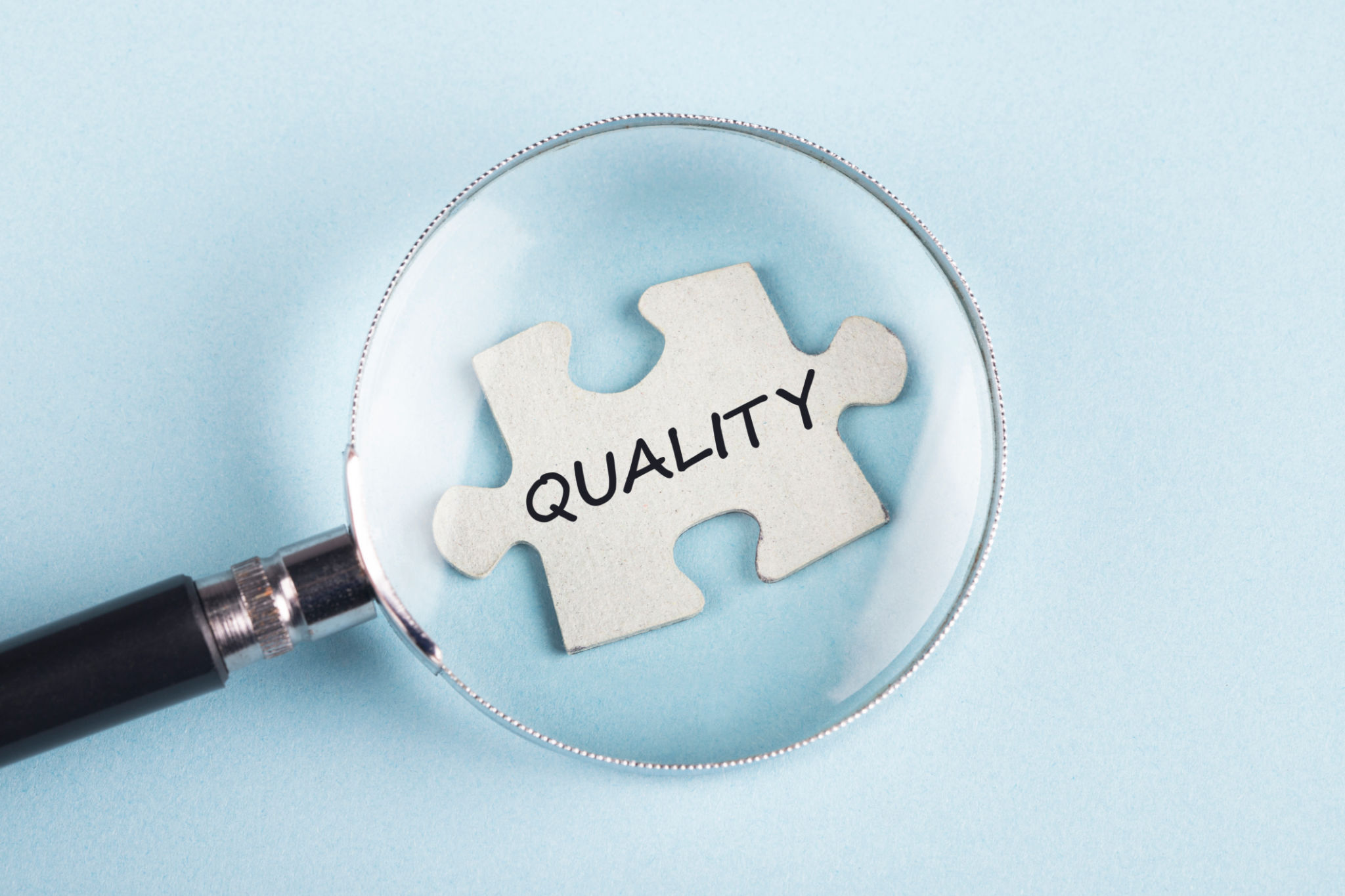The Future of Quality Assurance in Software Development
The Evolution of Quality Assurance
The realm of software development is ever-changing, and as technology progresses, so does the necessity for robust Quality Assurance (QA) processes. Historically, QA was seen merely as a phase in the development lifecycle, a final check before software deployment. However, this perspective is rapidly transforming. Quality Assurance is now an integral part of the development process, ensuring that quality is built into the product from the ground up.
Modern QA practices have evolved to involve more than just testing for bugs. Today, QA teams are expected to enhance user experiences and ensure that software meets business objectives. This shift is not only about maintaining software quality but also about accelerating development cycles and reducing time to market.

The Role of Automation in QA
Automation is revolutionizing Quality Assurance. With the advent of advanced automation tools and frameworks, repetitive and mundane tasks can now be executed swiftly and with greater precision. Automated testing allows QA teams to focus their efforts on more complex scenarios that require critical thinking and human intervention.
Moreover, automated testing is crucial in continuous integration and continuous deployment (CI/CD) pipelines. By automatically running tests as code changes are integrated, teams can quickly identify and address issues, maintaining a high level of quality throughout the development process.

AI and Machine Learning in QA
Artificial Intelligence (AI) and Machine Learning (ML) are emerging as powerful allies in the QA landscape. These technologies can predict potential code defects, optimize test coverage, and even suggest fixes for identified issues. AI-driven tools are capable of analyzing vast amounts of data to uncover patterns that might be missed by human testers.
Furthermore, AI can enhance test case generation and execution, enabling more thorough testing in less time. This capability not only reduces the burden on QA teams but also ensures a higher level of accuracy and efficiency in detecting anomalies.

The Rise of DevOps and Agile
The integration of DevOps and Agile methodologies in software development has reshaped Quality Assurance. These approaches emphasize collaboration between development and operations teams, with QA playing a pivotal role throughout the development cycle. Continuous feedback and iterative improvements are central to Agile practices, ensuring that quality is maintained at every stage.
By incorporating QA into the DevOps pipeline, organizations can streamline workflows, improve communication, and foster a culture of shared responsibility for quality. This approach not only enhances product reliability but also accelerates delivery times.

The Human Element in QA
Despite the increasing reliance on automation and AI, the human element remains indispensable in Quality Assurance. Human testers bring intuition, creativity, and a nuanced understanding of user behavior that machines cannot replicate. Balancing automated processes with human insight ensures a comprehensive approach to software quality.
QA professionals are now tasked with not only executing tests but also designing strategies that align with business goals. They must continuously upskill to remain relevant in an industry where technological advancements are constant.
- Continuous learning and adaptation are crucial for QA professionals.
- Collaboration across teams enhances quality outcomes.
- Maintaining a user-centric focus ensures software meets end-user needs.

The Future Outlook
As we look to the future, Quality Assurance in software development will continue to evolve alongside technological advancements. The integration of AI, machine learning, automation, DevOps, and Agile methodologies will shape how QA teams operate, driving innovation and enhancing product quality.
Ultimately, the future of QA will be defined by a blend of human expertise and cutting-edge technology working in harmony to deliver superior software solutions. Organizations that embrace these changes will be better positioned to meet the demands of an increasingly digital world.
